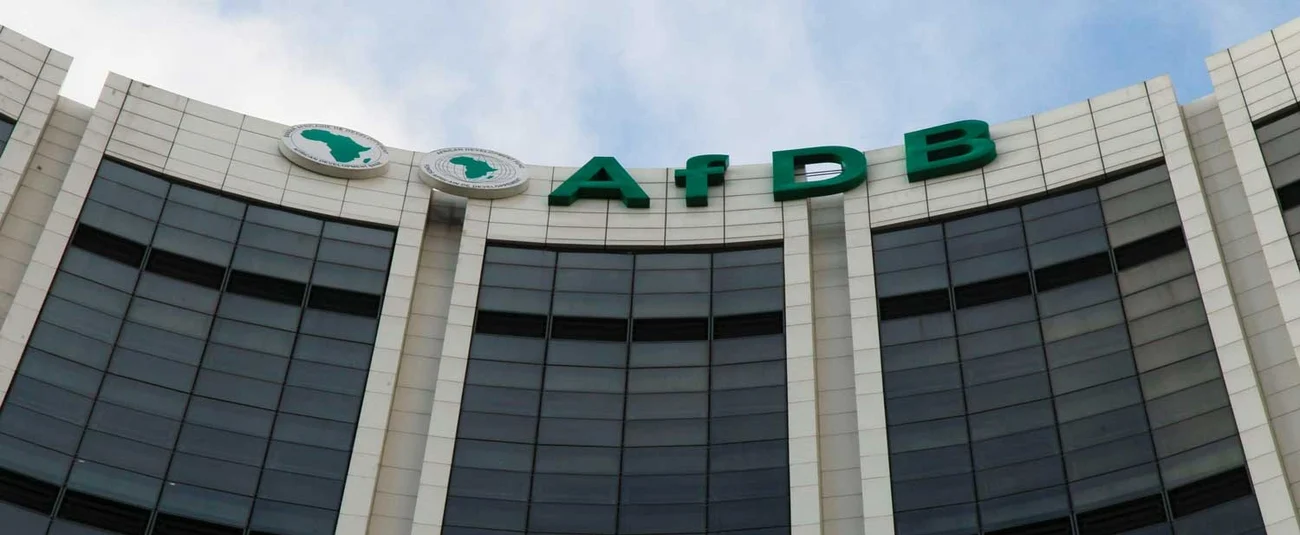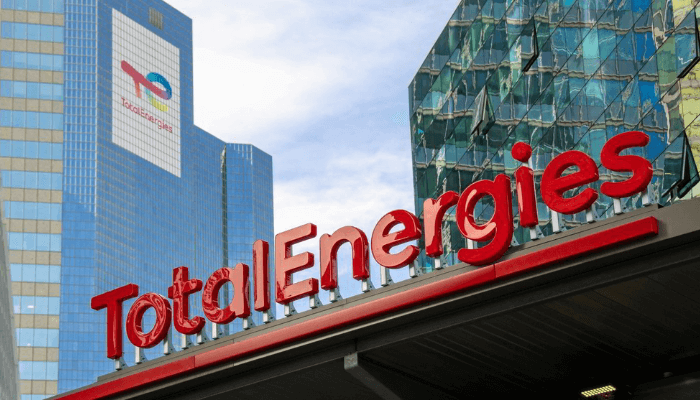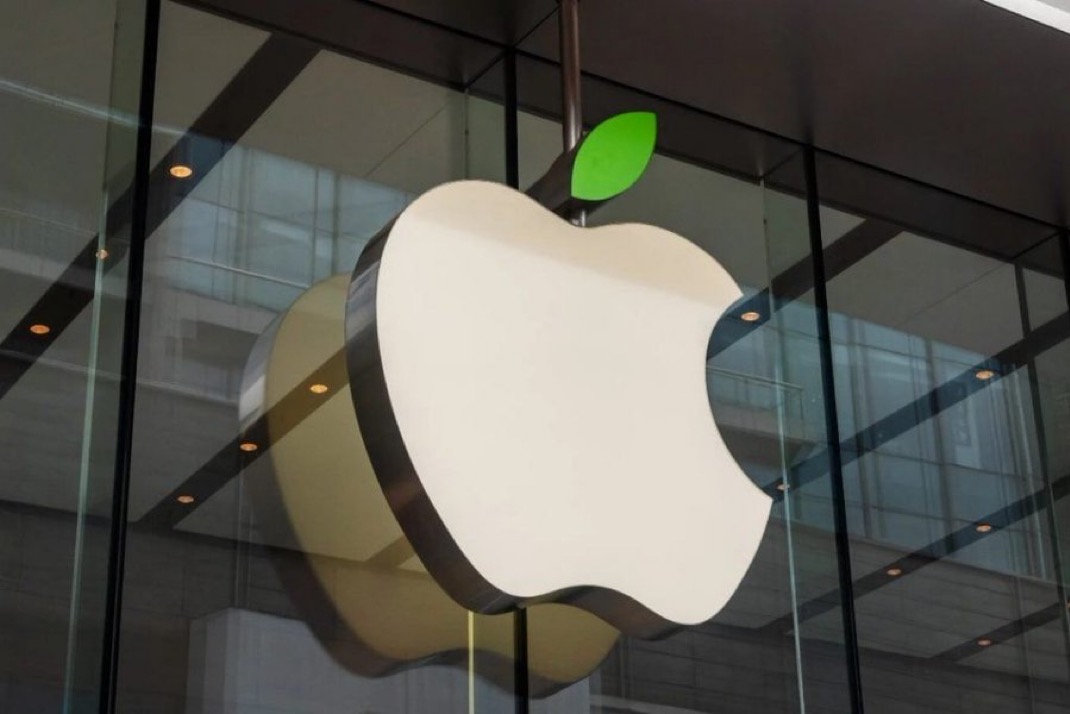The Federal Government is being urged to sell the government-owned Port Harcourt, Warri, and Kaduna refineries to finance the development of modular refineries.
These refineries are currently managed by the Nigerian National Petroleum Company Limited the government’s oil firm.
The Crude Oil Refiners Association of Nigeria made this appeal on Sunday, arguing that the sale of these refineries is the only viable solution to the ongoing fuel crisis in the country, according to The Punch.
CORAN believes that shifting focus to modular refineries would better address the nation’s refining needs and reduce dependence on imported fuel.
For over a month, Nigerians have faced long fuel queues at filling stations, with pump prices soaring to as high as N1,000 per liter in some areas.
Despite assurances from the NNPC, fuel queues persist across the country, continuing to drive up transportation costs.
The Publicity Secretary of CORAN,Eche Idoko voiced concerns over the Federal Government’s expenditure of over $1 billion on rehabilitating the Port Harcourt refinery.
He highlighted that despite six postponements, the refinery has yet to commence production, underscoring the need for a new approach to addressing the nation’s refining challenges.
Idoko argued that the fuel queues would not go away unless the country starts refining its crude locally.
According to him, modular refineries should be given intervention funds which would also give the government stakes in the refineries.
Idoko pointed out that the root cause of Nigeria’s fuel crisis is the insufficient supply of refined products.
He explained that the high cost of importing fuel, especially with the burden of securing foreign exchange, places a significant strain on the government, particularly when subsidy payments are involved.
“We are not asking for free money. The government should set up an intervention fund in which people can access credit. So, it’s not free money. There are a lot of intervention funds in the agricultural sector,” Idoko said.
He spoke further, “The $1.5bn spent on the Port Harcourt refinery could be used to develop 10 modular refineries to be able to produce PMS of a minimum of 10,000 barrels per day. That is about 100,000 barrels a day.
“And if you have 100,000 barrels per day, at least, with the Dangote refinery, you would have solved that problem. We would actually have enough to begin to export,” he stated.
Idoko emphasized that no one else could import Premium Motor Spirit (PMS) due to the government subsidy and the scarcity of foreign exchange, further complicating the fuel supply chain.
He suggested that the most immediate solution to the recurring fuel scarcity is to empower modular refineries. He described this as the “low-hanging fruit” that could quickly boost local refining capacity and reduce the nation’s dependence on imported fuel.
A modular refinery takes an average of 12 to a maximum of 18 months to set up. This administration can identify and select from the modular refineries that are already on stream to support them.
“Right now, we have about 15 of them – five are operating but not producing PMS; the other 10 are at various stages of completion. If the government supported these 15 modular refineries to produce PMS, in about 12 months or less, they would have solved this problem of fuel scarcity, rather than say, you are putting money into the Port Harcourt refinery, Warri refinery, or Kaduna refinery.
“That was why there was a particular administration that tried to sell those facilities. Most of them are obsolete. Technology has changed. I would have said that the government should sell them off. We know that the issue of fuel crisis is a serious issue, but do we have a solution to it now? We don’t have a quick-fix solution other than what is being done right now, which is importation.
“But that is simply not sustainable. For how long can you continue like this? And so, what we are saying is that give yourself a target of the time to completely wind down the importation of petroleum products. Bring stakeholders like the modular refineries and the traders together. We will all put our heads together and then work out a scheme.”
The NNPC reported that it spent over N9.3 trillion on petrol imports in 2023.
After months of denial, the NNPC confirmed on Monday that it imports petrol and sells it at 50 percent below the landing cost. The government covers the shortfall through subsidy payments.











